Mesenchymal Stem Cells & Exosomes
What are Mesenchymal Stem Cells (MSC)?
To date, MSCs have been used to treat many autoimmune diseases, with studies conducted on use for Crohn’s disease, Multiple Sclerosis, Lupus, COPD, Parkinson’s, and more.
While MSCs do not provide a cure for these conditions, the premise is allowing the body to heal itself well enough to mitigate the symptoms of the conditions for long periods. In many cases, this alone allows for a substantial increase in quality of life for patients.
Mesenchymal stem cells (MSCs), or stromal stem cells, can differentiate into many different types of cells within the body, including:
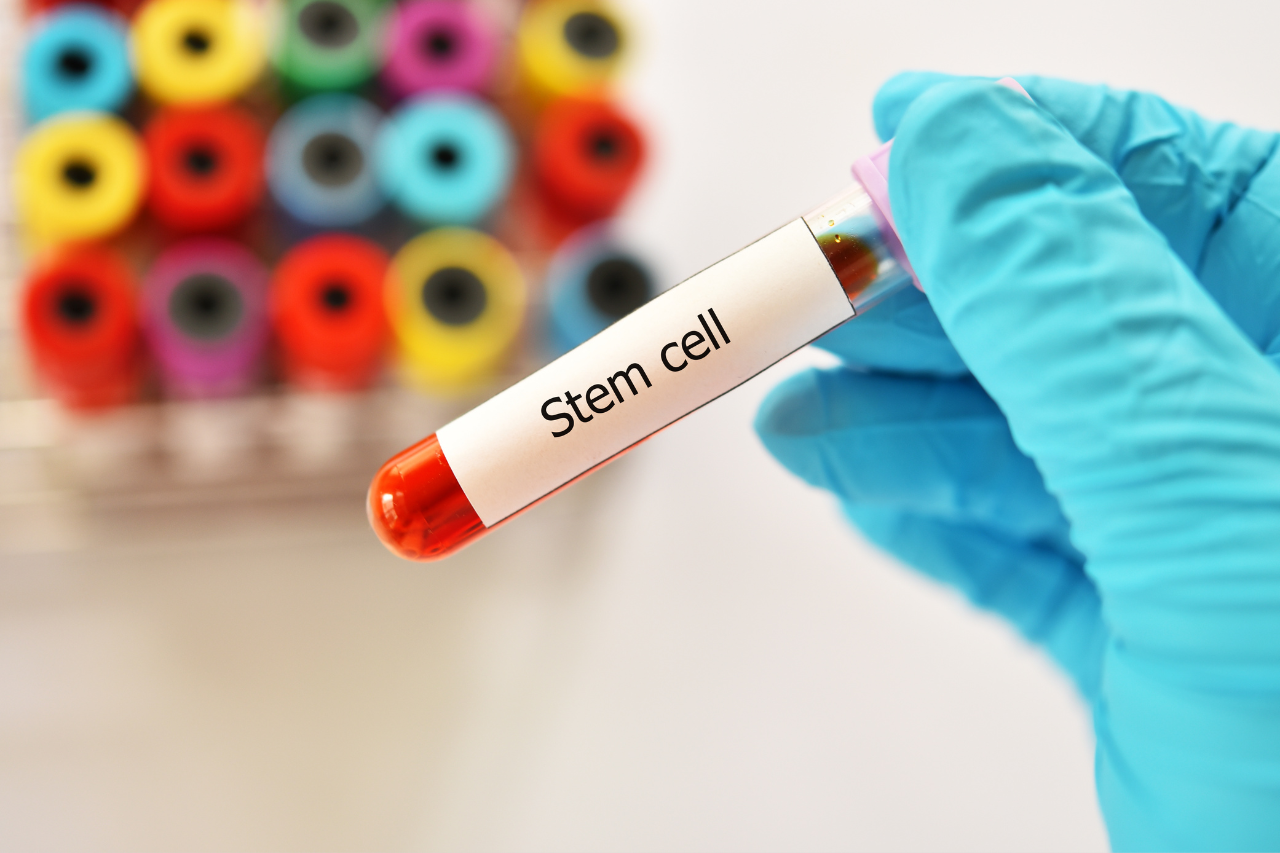
Bone Cells
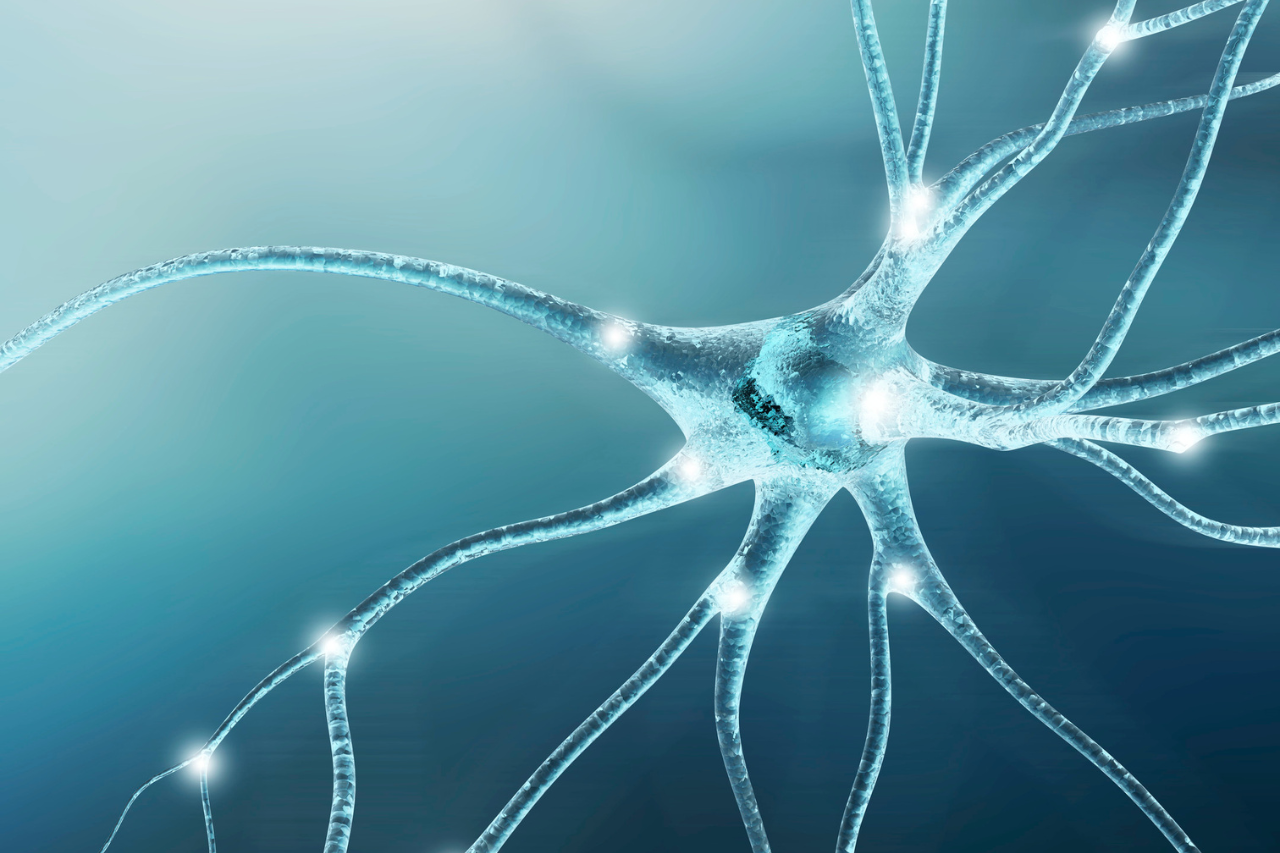
Neural Cells
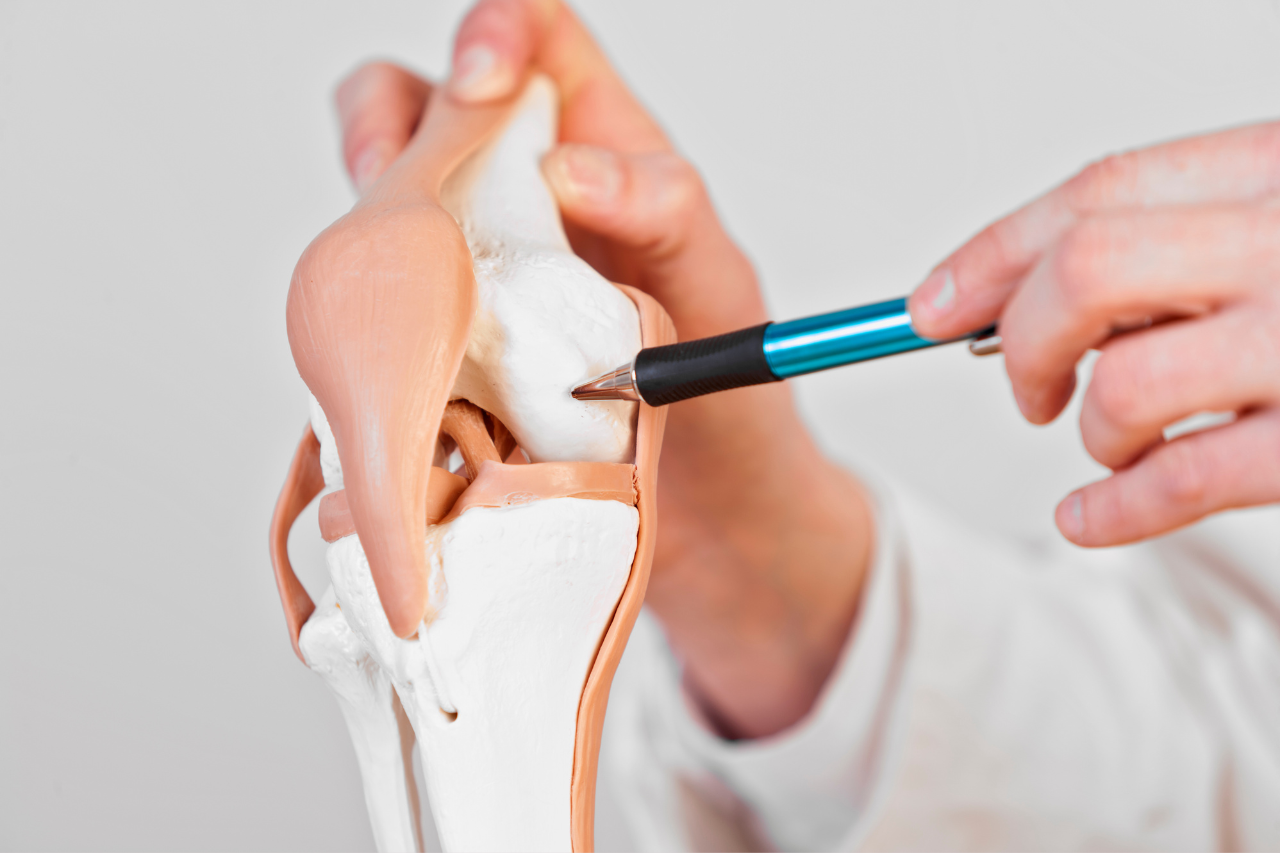
Cartilage
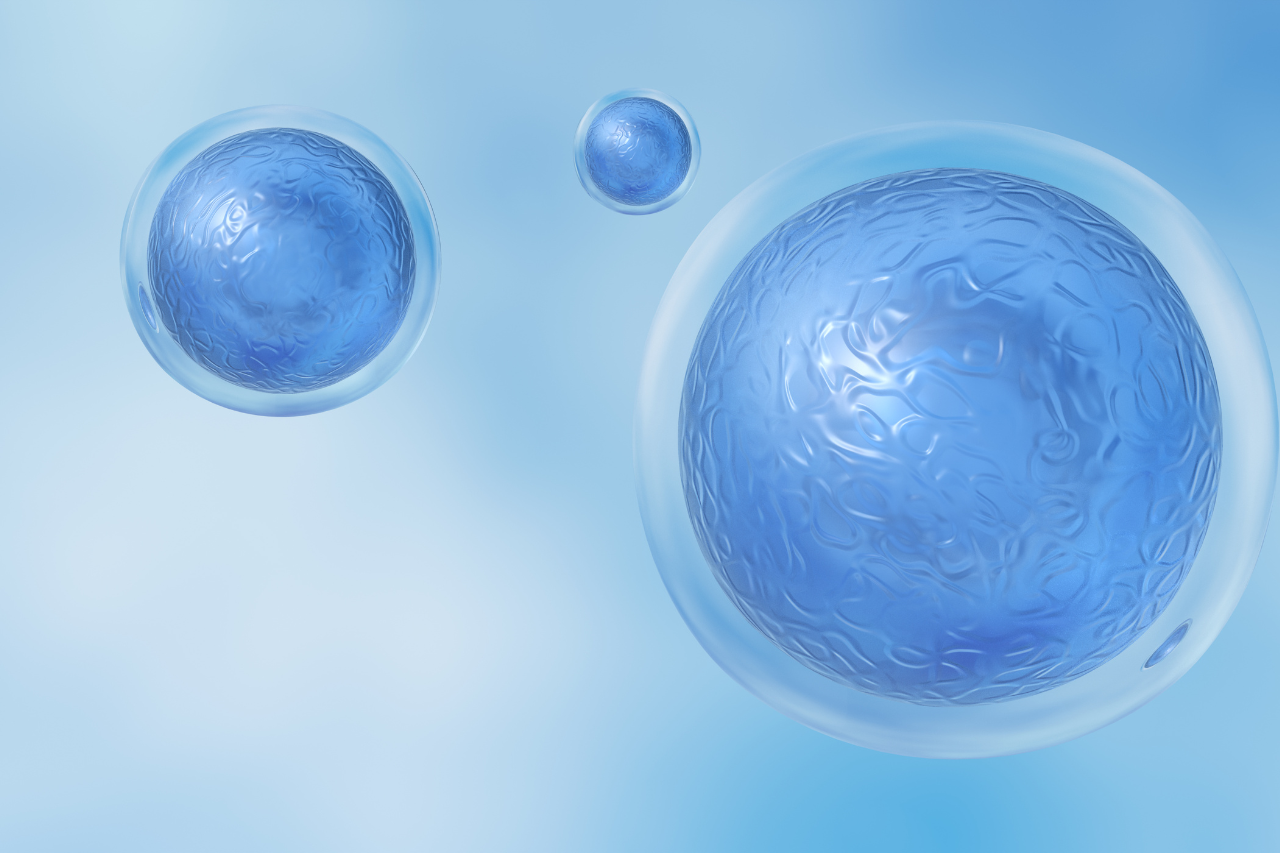
Corneal Cells
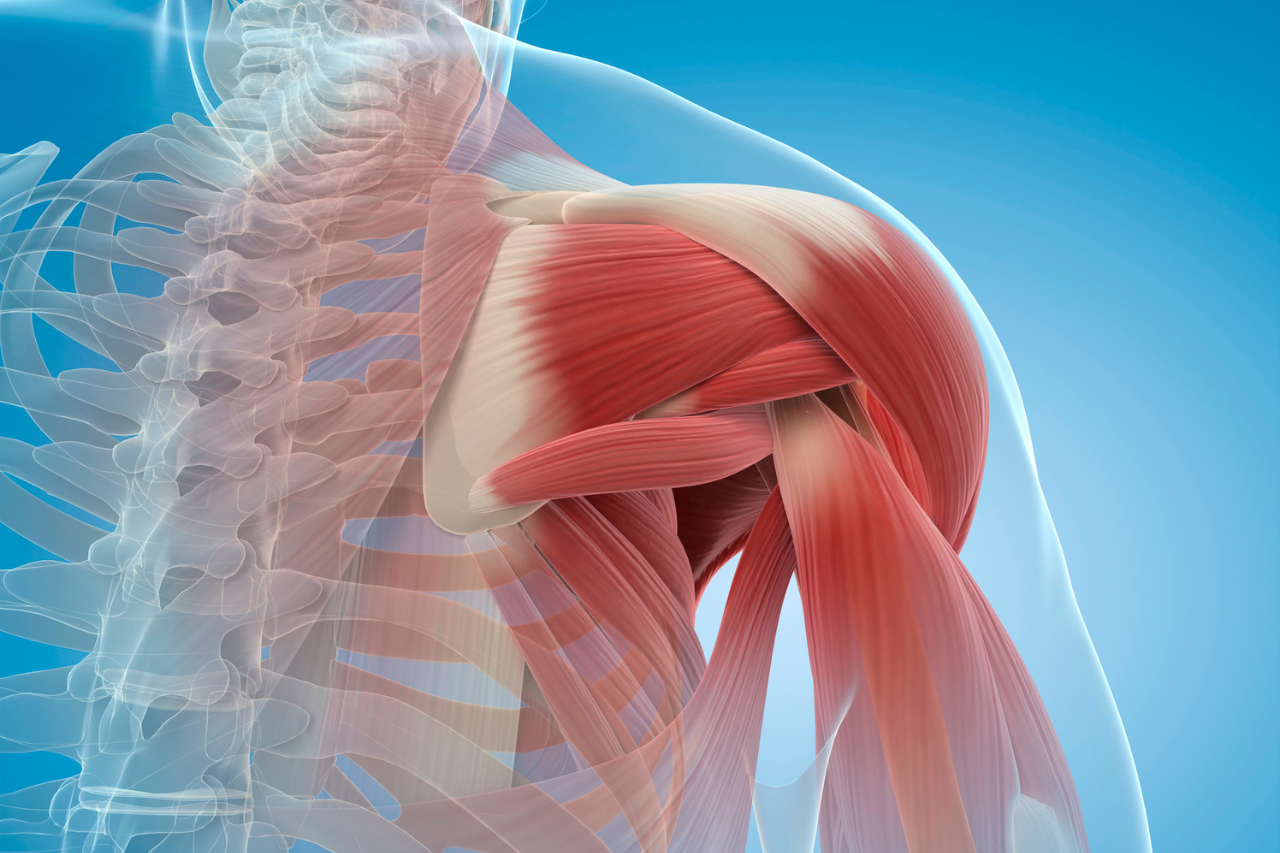
Muscle Cells
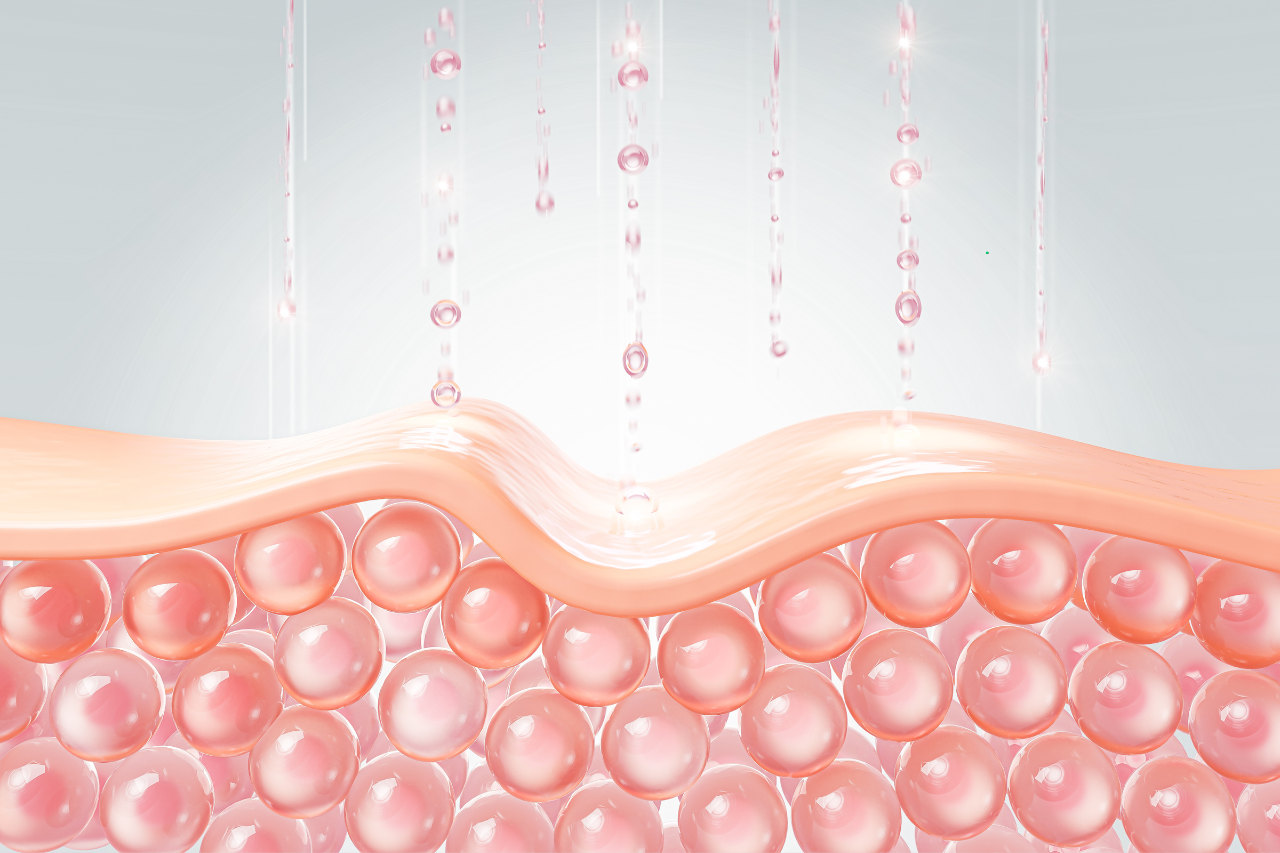
Skin Cells
MSC Can Treat A Variety of Conditions
To date, MSCs have been used to treat many autoimmune diseases, with studies conducted on use for Crohn’s disease, Multiple Sclerosis, Lupus, COPD, Parkinson’s, and more.
While MSCs do not provide a cure for these conditions, the premise is allowing the body to heal itself well enough to mitigate the symptoms of the conditions for long periods. In many cases, this alone allows for a substantial increase in quality of life for patients.
We all have Mesenchymal stem cells (MSCs). MSCs are primarily found in the bone marrow of every person and remain dormant until called upon to promote healing within the body. They age as we age, and their number and effectiveness decreases over the years.
By sourcing mesenchymal stem cells (MSCs) from donated cord tissue and expanding them to higher numbers, the medical community has created the ability to supplement a person’s stem cell count through transplantation with younger, highly competent cells.
Frequently Asked Questions
The hospital plays a statewide services includes the Acquired
Stem cells are cells that have not yet specialized in the body, meaning they have not grown into a particular type of cell with a specific function (e.g. muscle cell, skin cell, etc). A stem cell has the capacity to become many different cell types in the human body. There are a variety of different types of stem cells, each beneficial in their own way.
Yes, we have not had any patients report harmful effects from treatment or a worsening of their condition. Common short-term side effects immediately following the cell transplant have been fatigue, headache, and nausea. These effects normally subside between 1-2 hours.
Cord-tissue derived mesenchymal stem cells do not have any risk of rejection within the body. They are youthful, immune-privileged, undifferentiated cells that have no rejection in the body because they have yet to be “claimed”. There are no blood products associated with them either, removing the need for a donor match, they are universally accepted.
At EA Clinic, we highly recommend the use of Umbilical Cord Wharton Jelly Derived Stem Cell. For detailed consultation, kindly refer to our doctors.
Cord tissue is the insulating material (Wharton’s jelly) surrounding the vessels of the umbilical cord. The cord tissue can contain millions of a different type of stem cell that goes on to form a person’s nervous system, sensory organs, circulatory tissues, skin, bone, cartilage and more.
Cord tissue is rich in mesenchymal stem cells which can be used to help heal, regenerate & treat a variety of conditions. MSCs have shown the ability to avoid a negative response from a person’s immune system, allowing the cells to be transplanted in a wide range of people without fear of rejection. These transplants vastly increase the body’s natural healing abilities and have a strong anti-inflammatory and immunosuppressive response.
Yes it does. The tissue found inside donated umbilical cords contain millions of youthful, undifferentiated stem cells. These cells are then added to a cell media culture, which allows them to replicate and produce greater numbers over a few generations. This is called cell expansion. This process can turn a few million stem cells into trillions, ready for use in treatments.
Our protocol uses cord tissue derived stem cells, not cord blood. As there are no blood products used, there is no HLA matching required. Cord tissue derived MSCs are essentially “brand new” and immuno-priviledged, unclaimed by the body. They face no rejection when used in the body as a treatment.
No, because there are no blood products involved in the infusion. The cells are immuno-privileged, meaning that they don’t have markers on them that would trigger an immune response in the body. They are essentially “unclaimed” until delivered into the body.
One of the benefits of cord tissue-derived stem cells is that they are always available for use without delay. Directly after expansion, the cells are cryogenically preserved in a protective solution at -150F, similarly to how eggs or sperm are stored for future use in IVF. Once ready for use, the cells are carefully brought to the appropriate temperature and immediately tested for cell count and viability to ensure they meet all necessary quality assurance (QA) standards. Any cells which do not meet the optimum standards (viability numbers) are not used in treatments.
Yes, we do provide fresh, live stem cells other than cryo-stem cells (frozen).
We have partnered up with various stem cell laboratory to provide multiple options for our esteemed clients.
We currently offer the latest in Cord Tissue-Derived, Mesenchymal Stem Cell Therapy, which can be deployed systemically via IV, or injected locally to target specific sites, depending on patient needs.
The healing effects usually last upto a year, depending on individuals. Patients who adhere to an active lifestyle, anti-inflammatory diet, and restrict the consumption of alcohol, tobacco, and caffeine can seen sustained results for 2+ years, depending on condition
We advise patients that stem cell therapy normally produces measurable results within 3-6 months following treatment, some within first few weeks. This would be indicated by a marked reduction in levels of inflammation. Every patient is unique and will respond to treatment differently.
A course of Stem cell therapy costs around RM 28 000 to RM 280 000 depending on the number of stem cell cultured, type of stem cells used and case complexity.
Start your journey to a more confident you
Discover the secret to glowing skin
